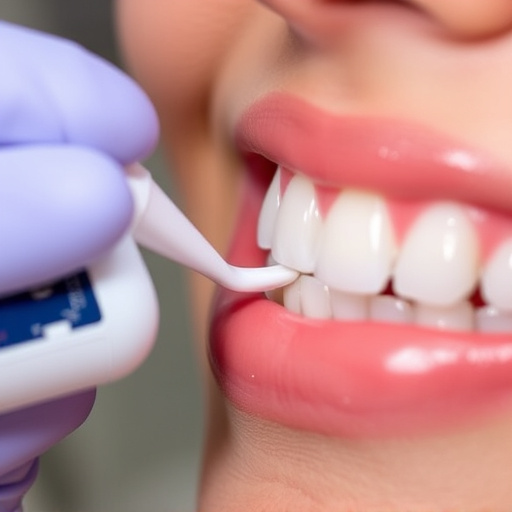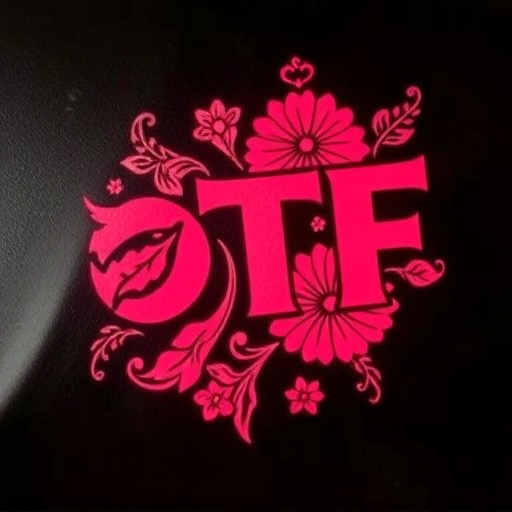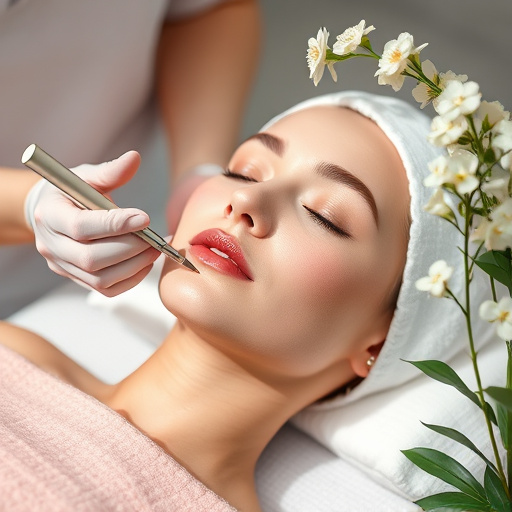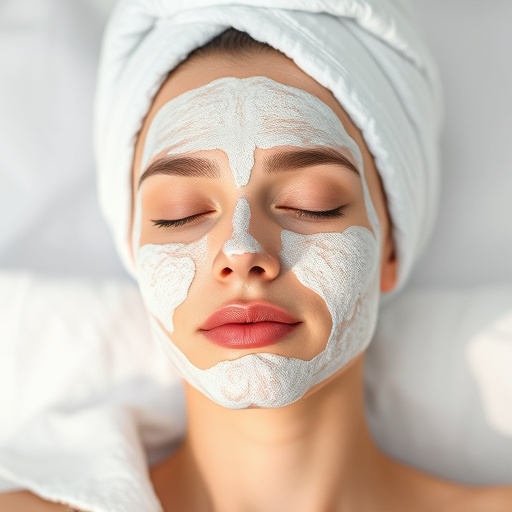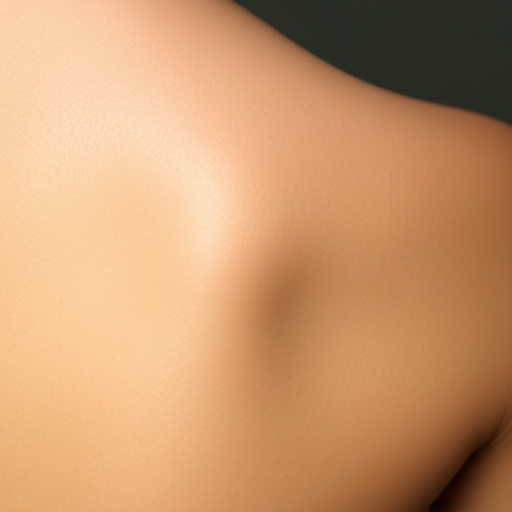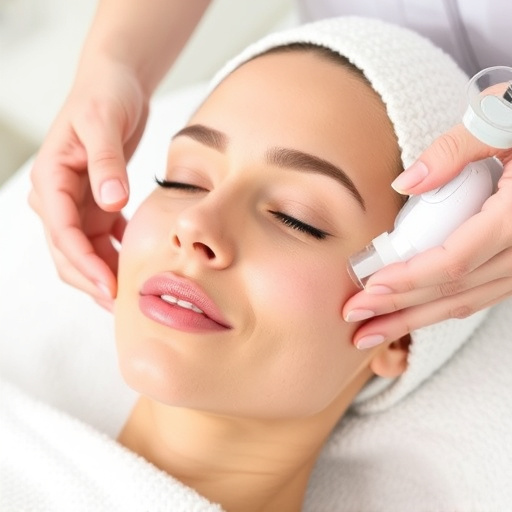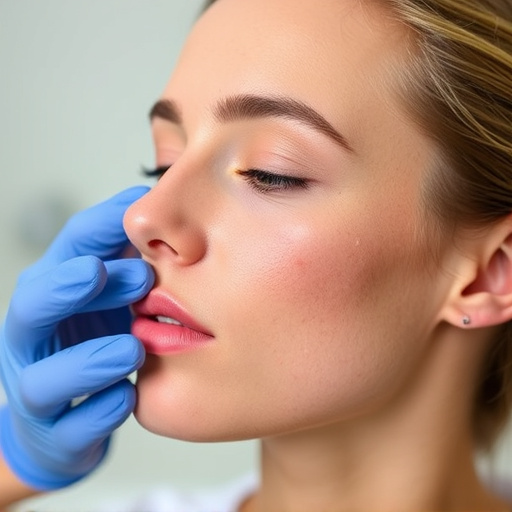Hormonal acne, frequently occurring during life stages with significant hormone shifts, is characterized by inflammation and clogged pores, commonly affecting the face, chest, and back. While conventional treatments like oral contraceptives, spironolactone, and topical medications manage it, stress can exacerbate the condition by elevating oil production, increasing inflammation, and promoting unhealthy habits. Medical spa services for skin rejuvenation offer a complementary approach to hormonal acne treatment, targeting both surface and underlying issues. Chronic stress disrupts hormone balance, particularly androgens like testosterone, leading to hormonal acne. Effective treatment involves managing stress alongside professional skincare treatments, improving overall skin health. Stress mitigation techniques like relaxation exercises, consistent sleep, and gentle facial treatments are essential for optimizing hormonal acne treatment results.
Stress can significantly impact the effectiveness of hormonal acne treatment. This article delves into the intricate relationship between stress, hormones, and skin health, exploring how these factors intertwine to cause or exacerbate hormonal acne. We’ll discuss the science behind stress’s effect on hormonal balance and skin inflammation, offering practical strategies to mitigate stress for optimal treatment results. Understanding these connections is key to managing hormonal acne effectively.
- Understanding Hormonal Acne and Its Connection to Stress
- The Impact of Stress on Hormones and Skin
- Strategies to Mitigate Stress for Optimal Hormonal Acne Treatment
Understanding Hormonal Acne and Its Connection to Stress
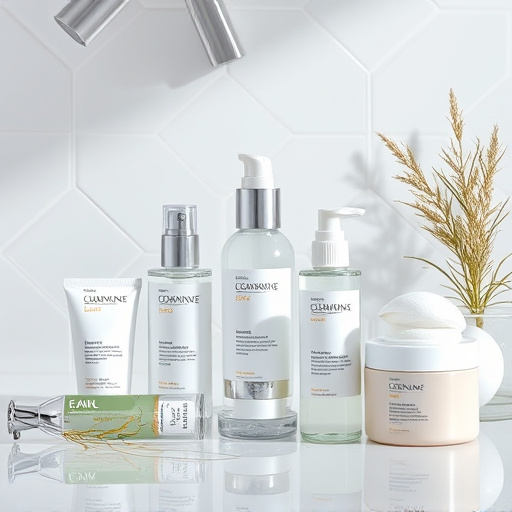
Hormonal acne, a common skin concern, is deeply intertwined with fluctuations in hormone levels, particularly during puberty, pregnancy, or menopause. It’s characterized by inflammation and clogged pores, primarily affecting areas rich in oil-producing glands like the face, chest, and back. While often treated through various hormonal acne treatment methods such as oral contraceptives, spironolactone, or topical medications, stress can significantly impact its management and effectiveness.
Stress disrupts the delicate balance of hormones within the body, potentially worsening existing hormonal acne. When stressed, the body releases cortisol, a hormone associated with increased oil production and inflammation. Additionally, heightened stress levels may lead to unhealthy lifestyle choices like poor diet, lack of sleep, and reduced exercise, all of which can contribute to skin issues. Incorporating medical spa services focusing on skin rejuvenation and aesthetic treatments that target both the skin’s surface and underlying issues can be beneficial for managing hormonal acne.
The Impact of Stress on Hormones and Skin
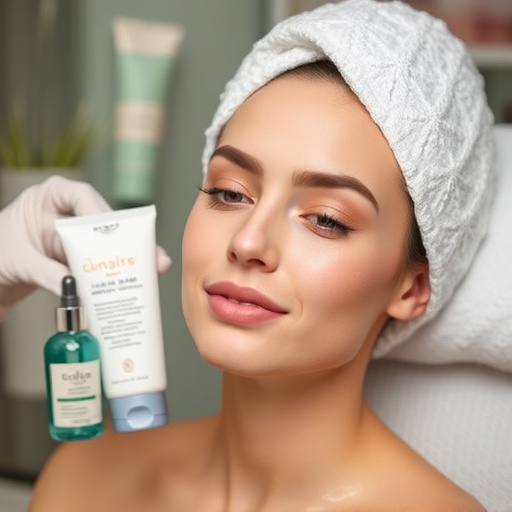
Stress is a double-edged sword when it comes to our skin’s health. While short-term stress can trigger temporary hormonal shifts that lead to acne outbreaks, chronic stress has an even more profound impact on our bodies over time. Prolonged exposure to stressful situations can disrupt the delicate balance of hormones, particularly androgens like testosterone. This disruption is directly linked to the development of hormonal acne, making it a common concern for individuals facing persistent skin issues.
The connection between stress and skin goes beyond hormones; it also influences our overall skin care routine and the effectiveness of treatments. When stressed, our bodies release cortisol, often referred to as the ‘stress hormone,’ which can accelerate inflammation. This natural response may complicate existing conditions like acne, especially when combined with other factors like poor diet or inadequate sleep. Consequently, addressing stress management alongside professional skincare becomes crucial for achieving lasting results in hormonal acne treatment, including effective anti-aging treatments and wrinkle reduction techniques.
Strategies to Mitigate Stress for Optimal Hormonal Acne Treatment
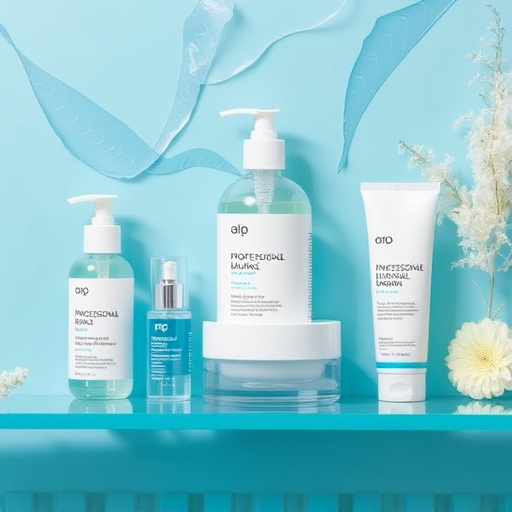
Stress is a significant factor that can impact the effectiveness of hormonal acne treatment. When individuals experience elevated stress levels, their bodies release cortisol, often referred to as the “stress hormone.” This hormonal surge can disrupt the delicate balance within the skin, exacerbating acne and undermining the success of treatment plans. To optimize the results of hormonal acne treatment, implementing effective stress mitigation strategies is crucial.
Engaging in regular relaxation techniques such as deep breathing exercises, meditation, or yoga can help lower cortisol levels and promote overall skin health. Additionally, maintaining a consistent sleep schedule ensures adequate rest, allowing the body to repair and rejuvenate. Incorporating gentle facial treatments like chemical peels or light therapy can also provide relief from stress-related skin issues, further enhancing the effectiveness of hormonal acne treatment.
Stress significantly impacts hormonal acne treatment effectiveness. By understanding the connection between stress, hormones, and skin, individuals can employ strategies to mitigate stress, ensuring optimal results for their hormonal acne treatment. Incorporating these practices into daily routines can lead to clearer skin and improved overall well-being. Remember, managing stress is a key component in successfully navigating hormonal acne.




